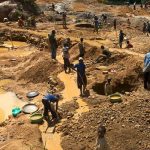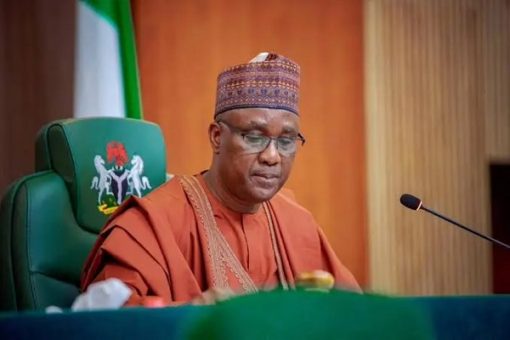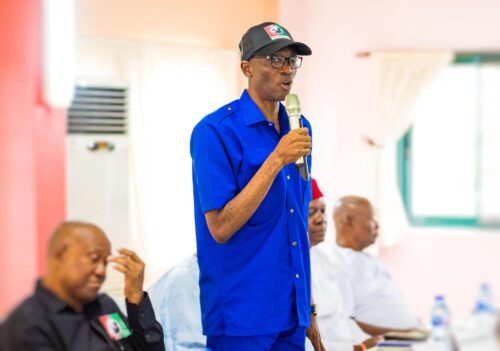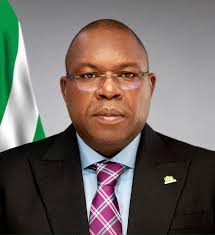Insecurity: FG advised to establish National Intelligence Geospatial Infrastructure
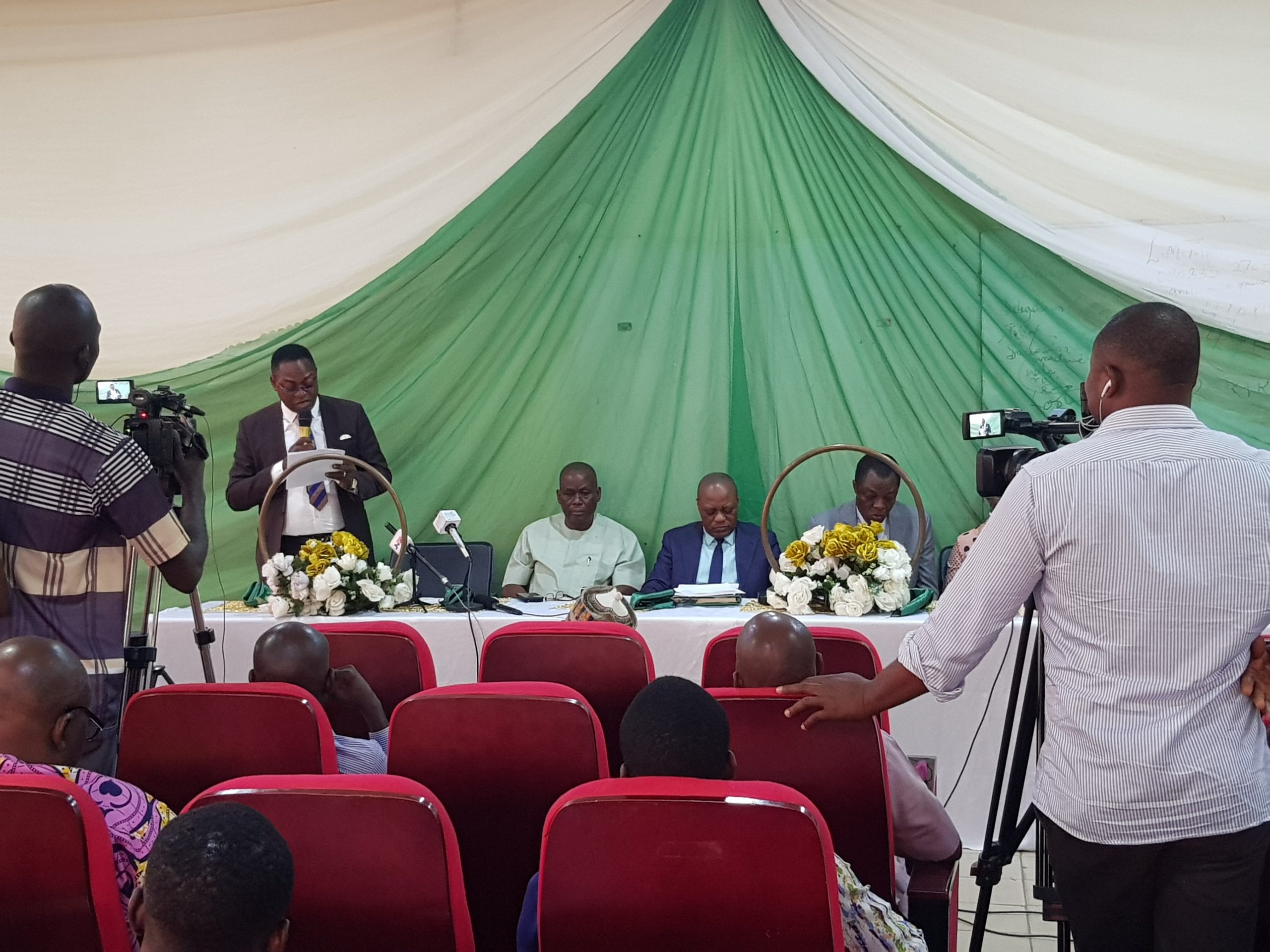
By Tunde Opalana
As the Federal Government considers multi- dimensional approaches to tackle the hydra- headed security challenges facing the nation, an international human resource and management consultant, Mr.Ayo Salam has advice the government to deploy appropriate information technology solutions.
He said one of such solutions that can make a difference in a gorilla-war is to establish National Intelligence Geospatial Infrastructure (NIGI).
The training expert said this in his introductory remark at the ongoing 5- day Training Workshop on Methodology for Preparation of Food Balance Sheet (FBS) at the Public Service Institute of Nigeria, Abuja.
The workshop put together by the Nigeria Bureau of Statistics (NBS) has the COINMAC International Consultancy Ltd as facilitators.
Salam who is the Managing Director of the consultancy organisation lamented that acute shortage of food and hunger in the country is being aggravated by heightened insecurity in almost every part of the nation.
He bemoaned the 2021 Global Hunger Index (GHI), which ranked Nigeria 103rd out of the 116 countries with sufficient data to calculate 2021 GHI scores, adding that with a score of 28.3, Nigeria has a level of hunger that is serious.
“The North West and North Central states of Nigeria are facing high levels of food insecurity due to a combination of long-running armed conflict and violence, disrupted livelihoods, reduced market access, localized food production shortfall and the impacts of COVID-19 on food supply chains.
“This narrative is obvious and needs to be changed with all hands-on deck to bring about actions that will take Nigerians out of hunger,” he said.
READ ALSO: Meet Danny Brace, the artist that stole our hearts…
Finding solution to the perennial insecurity problems, he said the nation’s security agencies need modern-day Information Technology Solutions to combat gorilla war confronting the nation.
He said “may I use this forum to advice government to deploy appropriate information technology solutions in arresting the security problems of our dear country.
“Geospatial intelligence is defined as the exploitation and analysis of imagery and geospatial information to describe, assess, and visually depict physical features and geographically referenced activities on Earth.
“Nigeria as an emerging regional and global power needs to utilize the National Intelligence Geospatial Infrastructure (NIGI) framework to start developing applications and solutions that provide geospatial intelligence on other countries-friendly or otherwise – assessing where something is exactly, what it is and why it is important etc in support of our national security, disaster response, humanitarian missions and so on both inside and outside our borders.
” Solutions and applications in these regards will also enable intelligence agencies to better predict and determine hot spots areas within the country, formulate appropriate strategies and respond to neutralize or contain threats. This infrastructure seeks to develop actionable intelligence that have military, environmental, disaster monitoring and many more implications.”
Speaking on the focus of the workshop, Mr. Salam said food balance sheet (FBS) is a tool that depicts the overall trend in national food supply and demand and exposes any food deficits that may necessitate imports and that it is useful in carrying out an appraisal to establish the food situation in any country through estimations and projections.
He lauded the application of FBS which is germane as essential for sustainable food security, stressing that the food balance sheet provide a sound basis for the policy analysis and decision-making needed to ensure food security.
He said without accurate data for food production and utilization, this government and any other successive government cannot properly plan to make provision for food sufficiency.
Salam said it has been the dream of the President Muhammadu Buhari administration to take Nigerians out of acute good shortage when the President said “Nigerians must grow what they eat, and eat what they grow,” to boost food self-sufficiency and increase foreign exchange earnings.
To achieve this, he suggested that the Federal Government should establish through an Act of Parliament a National Standing Committee or National Food Balance Sheet Forum which should include a select group from among the many relevant stakeholders.
In his opening remarks, the Statistician-General of the Federation, Prince Adeyemi Adeniran, said the workshop, in addition to all the other training exercises that have been conducted, are just some of the ways to build the technical capability of Staff of the National Bureau of Statistics (NBS) and indeed that of the National Statistical System in Nigeria, to meet up with the high demand for reliable and timely statistics in Nigeria.
The Statistician-General of the Federation said the training is in fulfilment of a commitment made upon assumption of office that prime attention will be paid to enhancing the technical operations of the Bureau.
The training on Food Balance Sheet, he added, is being done under the framework of the ongoing National Agriculture Sample Census (NASC) and is a very important one.
“As we all know, the issue of Food and Agriculture is very critical to the survival of any nation, especially for a country such as ours, where the agricultural sector accounts for over 25 percent of our total GDP, with more than 60 percent of our labour force engaged in one form of Agricultural activity; be it crop production, livestock, fisheries, poultry or forestry, or even the transportation or trading of agricultural products.
“We must understand and know what food we produce as a country and what quantities of food we produce. We must have an idea of the total amount of food available to us at any time, how much of it is consumed, processed, imported and exported. These are some of the questions the food balance sheet seeks to answer,” he said
The objective of the training, he added is to see a situation where statisticians will commence the process of producing a Food Balance Sheet for the country.


